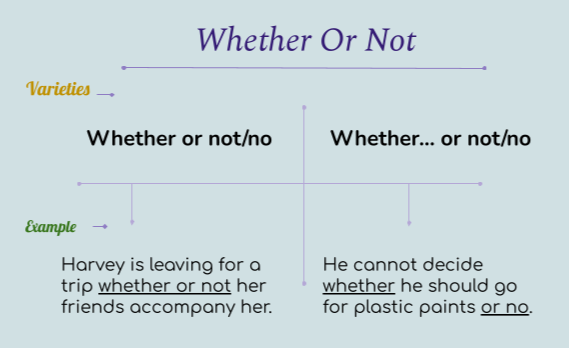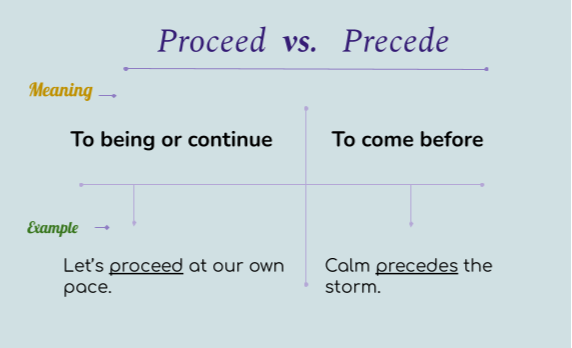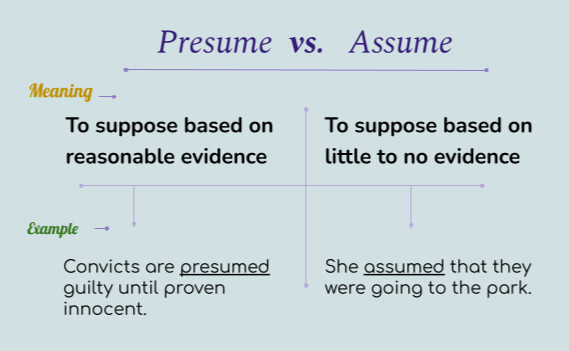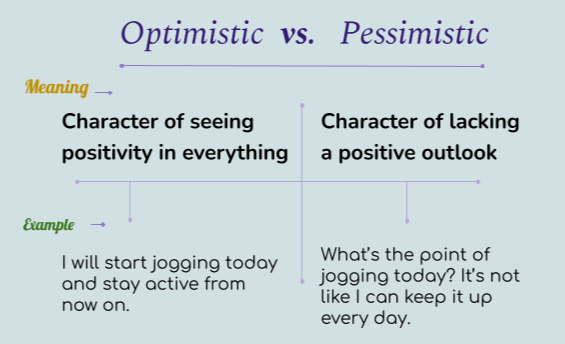Discreetly vs. Discretely - Focus on the Spelling

Discreetly and discretely are homophones often mistaken due to similar spelling and pronunciation. “Discreetly” means carefully or subtly and “Discretely” means separately or particularly. A good number of English learners use them interchangeably without even knowing their existence as separate words. Let’s know them well and learn whether to use discreetly or discretely.
Discreetly
Cautiously, subtly, inconspicuously - would be some of the popular synonyms of “Discreetly.” Being discreet is the same as being careful, in very simple terms.
- We were discreetly trying to help her out of the grieving phase.
- We were discretely trying to help her out of the grieving phase.
The example illustrates the need for being careful while helping someone in grieving. Emotional turmoils are one of the few situations when people need to be discreet.
- He means to handle the situation discreetly.
- He means to handle the situation discretely.
Here, the subject is dealing with a situation while being cautious. Practicing cautiousness is always good.
- The undercover agent discreetly inquired about the bar fight.
- The undercover agent discretely inquired about the bar fight.
The agent made subtle inquiries careful not to blow their cover. That is a perfect situation to be discreet.
Discretely
Thinking of something separately or as having distinct features is approaching it discretely. Distinctly and separately are the two most fitting synonyms of the adverb.
- It’s easier to search the web for something discretely.
- It’s easier to search the web for something discreetly.
The example above states the web’s ability to search for something individually which makes it easy to get desired results quicker and without much sorting.
- My personal preferences are discretely tucked away for today.
- My personal preferences are discreetly tucked away for today.
In the example above, “Discretely” expresses the meaning in the line of particularly or noticeably where someone is sacrificing their own wishes for a day and it is pretty evident what they think.
Difference: Discreetly vs. Discretely
When someone is cautious while doing something, they are dealing with it discreetly with double E’s and when it is more about doing something in particular, they are handling it discretely with “-ete-”.
They both are homophones as well as adverbs and it sure makes the confusion stronger while encountering them in writing and speech. Though both the words “Discreet” and “Discrete” are widely used in English, when it comes to their adverb forms with a “-ly” ending, you will find the discreetly with double E’s used most often than not.
Trick: The only trick to be able to tell them apart would be to stop for a moment and think about their function in the sentence and the meaning it aims at keeping both the meanings and their functional use in mind.
Comparison Table:
Let’s clear up any remaining confusion about their differences with the side by side comparison in the table below -
|
Factors |
Discreetly |
Discretely |
|
Pronunciation (IPA) |
/dɪˈskriːtli/ |
/dɪˈskriːtli/ |
|
Meaning |
Carefully |
Separately |
|
Part of Speech |
Adverb |
Adverb |
|
In sentence |
I will keep an eye on him discreetly. |
We have the intention to discretely handle your case today. |
When to use discreetly?
When someone wants to achieve something without agitating the surroundings, they do things discreetly or cautiously. People do things discreetly if they mean to be sly or they mean to be working towards a bigger prospect.
When to use discretely?
When people do something discretely, they aim for individual or separate treatment which would allow a stricter concentration on the matter at hand. So, handling something discretely becomes a reality when the results are evident and more efficient.
Grammar
Read More
- How to Use "Therefore" in Sentences Avoiding Common Mistakes
- How to Use "Whereas" with Examples and Avoid Common Mistakes
- When and How to Use "Thus" Correctly Without Common Mistakes
- How to Use "On the Contrary" Properly with Meaning and Examples
- When and How to Use "Either/Or" with Examples and Common Mistakes to Avoid
- How to Use "On the Other Hand" Effectively without Mistakes
- How to Use "Respectively" with Example and Common Errors to Avoid
- How and When to Use "Moreover" Without Mistakes
- How to Use "Likewise" in Sentences Based on Context & When not to Use
- When & How to Use "Although" in Sentences to Avoid Mistake





